How smart devices are reshaping the world?
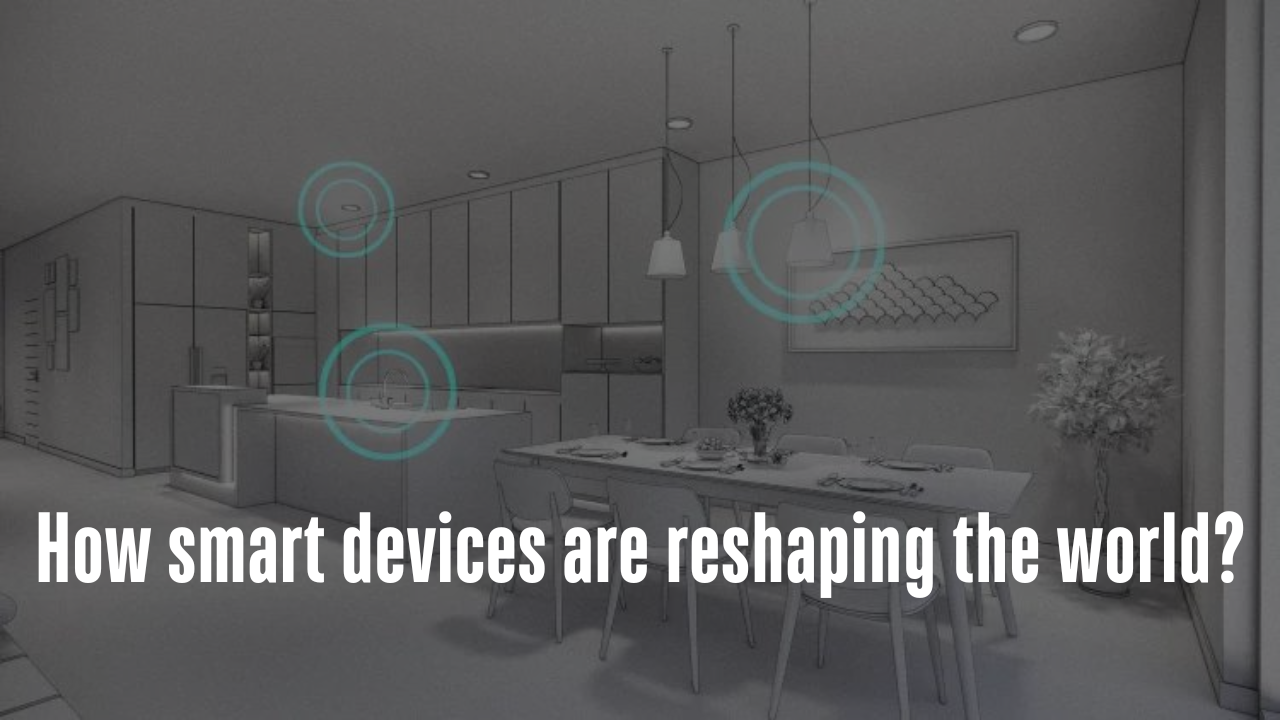
Smart devices, including smartphones, wearables, smart home systems, and IoT devices, are transforming daily life by enhancing connectivity, automating homes, and revolutionizing business operations. They improve healthcare through telemedicine and health monitoring and contribute to smart city development by optimizing infrastructure and public services. However, challenges such as privacy, security, and the digital divide must be addressed to fully harness their benefits.
The Devices to which we are attached the most these days, Smart Devices, ranging from smartphones and wearables to smart home systems and IoT (Internet of Things) devices, are fundamentally reshaping the world by transforming how we live, work, and interact with our environment.
Their pervasive influence extends across numerous facets of daily life, influencing personal habits, business operations, healthcare, and urban development, among others.
Enhancing Connectivity and Communication
One of the most significant ways smart devices are reshaping the world is through enhanced connectivity and communication. Smartphones, equipped with high-speed internet and advanced applications, allow people to stay connected with others globally in real time. Social media platforms, messaging apps, and video conferencing tools have become integral to personal and professional communication, enabling seamless interaction regardless of geographical barriers. This connectivity fosters global collaboration, cultural exchange, and social integration, making the world more interconnected than ever before.
Revolutionizing Personal and Home Life
Smart devices have revolutionized personal and home life by introducing convenience and automation. Smart home systems, which include devices like smart thermostats, lights, locks, and security cameras, allow users to control and monitor their homes remotely through their smartphones. This automation not only enhances security and energy efficiency but also provides a level of comfort and convenience previously unattainable. Additionally, wearables like smartwatches and fitness trackers help individuals monitor their health metrics, promoting healthier lifestyles and preventive healthcare.
Transforming Business and Industry
In the business realm, smart devices are driving significant changes in how companies operate. The rise of mobile technology has enabled a more flexible and remote workforce, allowing employees to work from anywhere with internet access. This flexibility has led to increased productivity and work-life balance. Moreover, IoT devices in industries such as manufacturing and logistics are optimizing operations through real-time data collection and analysis. These devices enhance supply chain management, predictive maintenance, and operational efficiency, ultimately leading to cost savings and improved performance.
Advancing Healthcare
Smart devices are at the forefront of advancing healthcare by providing innovative solutions for monitoring, diagnosing, and treating patients. Telemedicine, powered by smartphones and tablets, has made healthcare more accessible, especially for individuals in remote areas. Wearable health devices continuously track vital signs, allowing for early detection of potential health issues and enabling timely intervention. Additionally, smart medical devices, such as connected insulin pumps and heart monitors, ensure precise and personalized treatment, improving patient outcomes and quality of life.
Shaping Smart Cities
Urban development is also being transformed by smart devices, contributing to the emergence of smart cities. These cities utilize IoT technologies to enhance infrastructure, improve public services, and optimize resource management. Smart traffic management systems reduce congestion and emissions, while smart grids ensure efficient energy distribution. Public safety is bolstered through connected surveillance systems and emergency response tools. By integrating these technologies, smart cities aim to create sustainable, livable, and resilient urban environments.
Challenges and Considerations
Despite the numerous benefits, the proliferation of smart devices also presents challenges that need to be addressed. Privacy and security concerns are paramount, as these devices often collect and transmit sensitive data. Ensuring robust cybersecurity measures and protecting user privacy is crucial to mitigate risks associated with data breaches and unauthorized access. Additionally, the digital divide remains a significant issue, with unequal access to smart technologies exacerbating social inequalities. Efforts must be made to ensure inclusive access and digital literacy for all segments of society.
While the benefits are substantial, addressing the associated challenges is essential to fully realize the potential of smart devices and ensure they contribute to a better, more equitable world. As technology continues to evolve, the impact of smart devices will likely grow, further embedding them into the fabric of our daily lives and societal functions.
Recommended For You

02 Sep 2023
Boosting Business Excellence: Essential Tools for Entrepreneurs to Speed Up Success
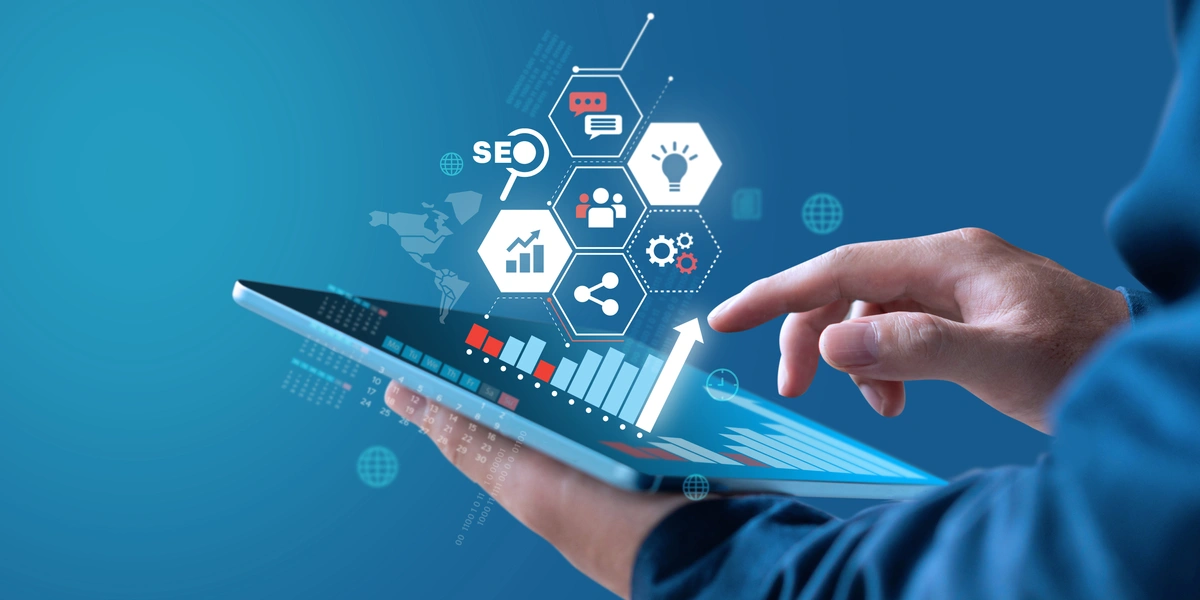
07 Sep 2023
Unlocking Success: Digital Transformation Strategies for Modern Businesses
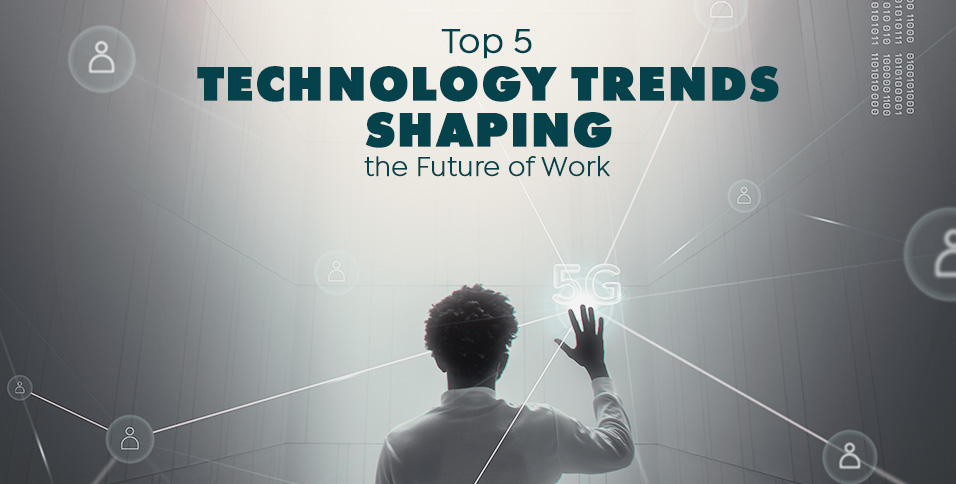
11 Sep 2023
5 Tech Trends Shaping the Future of Business

14 Sep 2023
WhatsApp's New Channels Feature: A Game-Changer in Messaging

16 Sep 2023
The Future of AI in SaaS Development: A Revolution in Software

18 Sep 2023
How to Build a Strong Personal Brand for Business Success
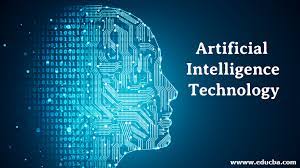
25 Sep 2023
AI: Expectations vs. Reality
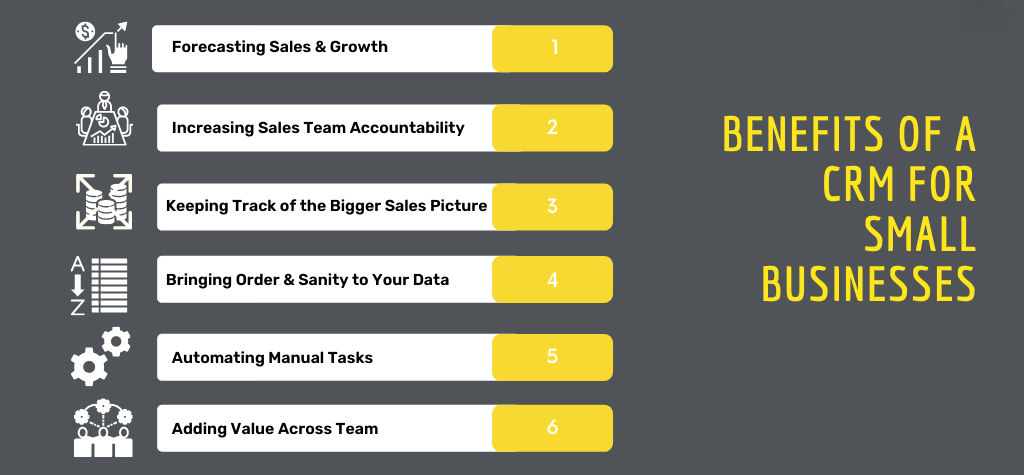
24 Oct 2023
How CRM Can Benefit Small Businesses: Case Studies and Success Stories
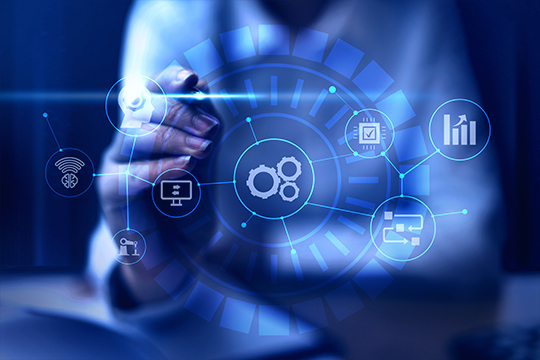
26 Oct 2023
Why You Might Be Failing at Information Technology

06 Nov 2023
Information Technology: 6 Steps to Make Sure More Engagement
